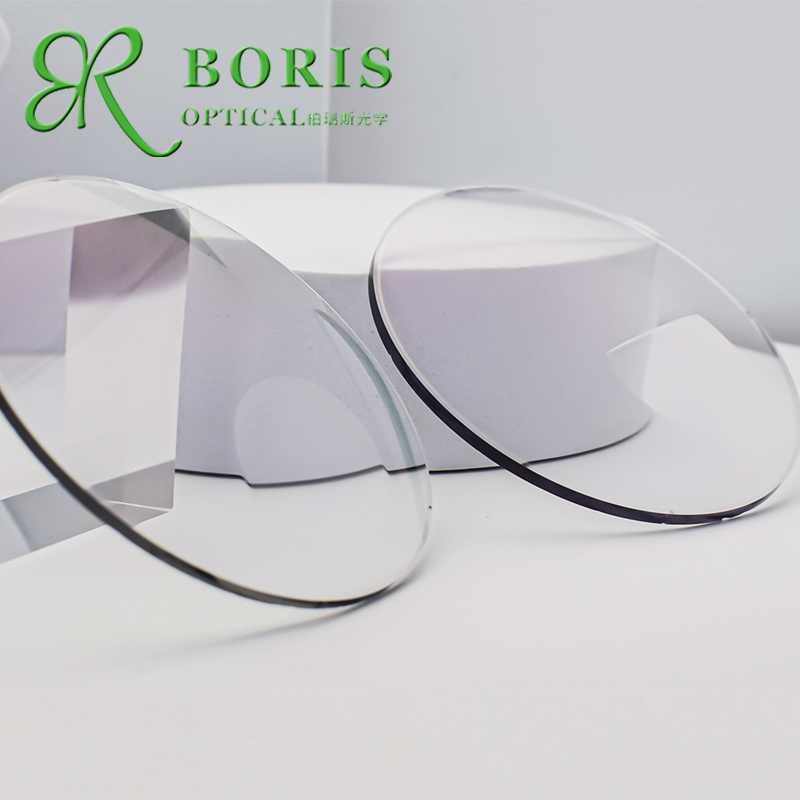Those sunglasses you just bought may look ultra-cool, but save them for selfies if they're not filtering out the sun's harmful ultraviolet (UV) rays. After all, not all sunglasses are created equal. Whether vintage, cheap, expensive, or polarized, they may or may not do their job to protect your precious eyes.
In particular, older sunglasses may not be as effective as you think. Most sunglasses today have UV protection embedded in the lens rather than coated over it, and most reputable brands list UV protection on their label. Look for a label that says either of these two things: Prescription Sunglasses Lenses Only

If you're uncertain about your sunglasses—or those fun pairs you bought online for the kids—simply take them to an optical shop, where they can be tested in a photometer. Most opticians will test them for free, and it takes less than 30 seconds.
You really don't need to spend big bucks for UV-protecting glasses, but here's more of what you do need to know:
"The most important advice is to put on your sunglasses whenever you are outside," says Jeff Pettey, MD, MBA, an ophthalmologist at John A. Moran Eye Center at University of Utah Health. "And put them on your kids, please. Sunglasses are to the eyes what sunscreen is to the skin. Whether it's cloudy or sunny, they are an essential shield to protect your health."
50 North Medical Drive Salt Lake City, Utah 84132
Scheduling: 801-213-9500 In Spanish: 801-646-5914

Photochromic Eyeglass Lenses Copyright © 2024 University of Utah Health